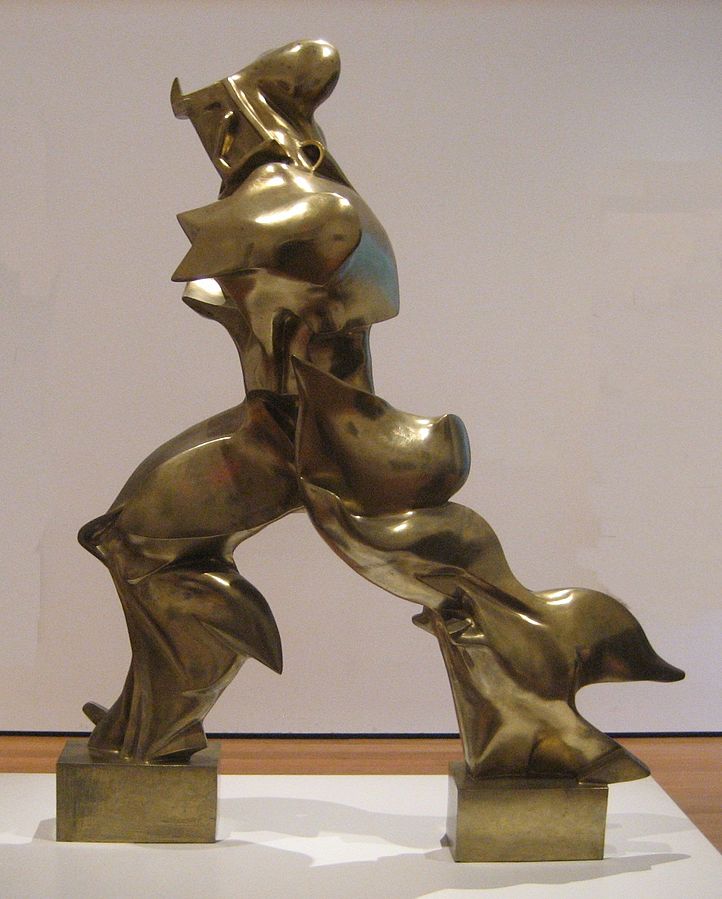One of the strongest myths of our times is the “Whig view of history.” Unconsciously, it seems to have been generally accepted on both the left and the right. In brief, at least as I would describe it, this is a general understanding that it is possible to foresee the political future, that one side in the current debate is for the future, and the other is for the past; and that the left is the party of the future. Hence those on the left commonly call themselves “progressives,” while William F. Buckley Jr. Once said that his stance was “standing athwart history, yelling 'stop.'”
It is not the same thing as believing in human progress. It is believing that human progress is predictable and moves in a straight line, corresponding to a particular political programme.
It might be convenient if this were true, at least for opportunists. For they could then simply ally themselves with the left, and expect to always eventually come out on top. Indeed, this may explain why many people support the left.
But it is obviously silly. No one can really foresee the future, and human beings are far too complex to be predictable in what they are going to think in twenty or fifty years. Or rather, they are going to be no less complex than the mind trying to figure this out.
 |
| Left to right: Labour leader Andrew Furuseth, Seantor Robert LaFollette, Lincoln Steffens. |
In the real world, it would be easy to enumerate many visions of the political future, “progressive” causes, that have turned out to be dead ends. One thinks immediately of Lincoln Steffens's comment on visiting the Soviet Union in 1919: “I have seen the future, and it works.” Even as late as the 1970s, most Western intellectuals were talking of the inevitability of “convergence,” of the West becoming more like the Communist Bloc as well as the reverse—if not of the inevitability of the Communist Bloc taking over. That future, or those futures, are now ashes.
So is the future of the 1980s in which Japan was to dominate world commerce.
 |
| Boccioni, "Unique Forms of Continuity in Space": probably the best-known example of Futurist sculpture. |
Fascism, too, was, in its day, the way of the future. It was the political application of the latest scientific insights, those of Darwin and of Einstein. The aesthetic movement associated with Fascism called itself “futurism.” Nevertheless, a recent piece in Time magazine had so completely bought the Whig view that it actually defined Fascism as “the rejection of modernity.” One ought to be able to expect better of an organ like Time, but that's how pervasive the myth is.
There's more—lots more. Nothing was a more progressive idea at the turn of the 20th century than good old prohibition. It was during Woodrow Wilson's “progressive” administration that the worst of Jim Crow was enacted in the US South. Most “progressives” up to the Second World War were also active advocates of eugenics, until Hitler so thoroughly urinated in that pool.
In the Victorian period, cultural and moral progress was generally measured by the modesty of women: early missionaries to Korea considered that country relatively advanced because their women did not go abroad during the day. Indeed, one of the great accomplishments of Victorian progressivism was legislation limiting the work of women outside the home.
Stepping back a little further in time, England's “Glorious Revolution” of 1688 established the supremacy of parliament over the crown, produced the English Bill of Rights, and led directly to the American and French Revolutions and to much of what we now call liberal democracy and the doctrine of human rights. All “progressive” causes of the time, and still considered core “progressive” values today. But the immediate cause of the Glorious Revolution was the desire to prevent a Catholic from taking the throne. Anti-Catholicism and the open repression of Catholics was an essential element of “progressive” thinking in both England and the US for perhaps two hundred years. There was certainly no concept that any of these rights were to extend to non-Protestants—as there was no concept later that they should extend to Africans. The whole original idea of the “right to bear arms” was in order to protect oneself from Catholics out in the boondocks of Ireland.
I'd guess that the left is right about the future about fifty percent of the time, and the right gets it right the other fifty percent of the time.
But that should be irrelevant in any case, unless you are an opportunist. One's politics should be formed on principle, not as if a bet.













No comments:
Post a Comment